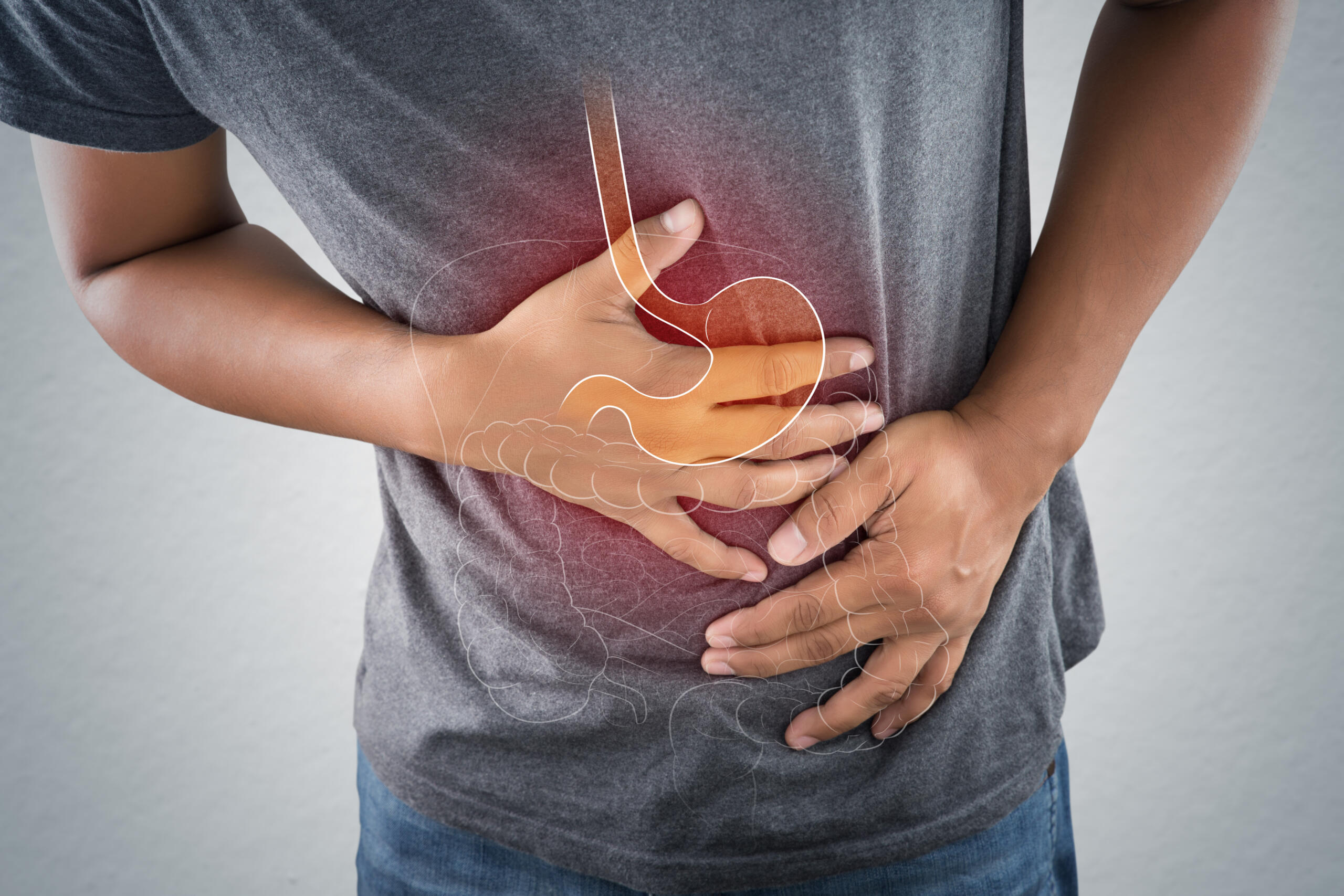Crohn’s disease is a health condition that affects men and women equally, causing chronic inflammation in the gastrointestinal tract. Living with this illness can be overwhelming – it commonly appears between the ages of 20 and 30, and its symptoms can last throughout the rest of your life. While symptoms can come and go over time, your health and well-being can be dramatically affected. If you’re interested in learning more about Crohn’s disease, search online to find answers.
When Crohn’s disease first appears, you may not realize what your symptoms are telling you. Crohn’s disease can look like many other health conditions, but if left untreated, it can grow progressively worse and take a serious toll on your health. To learn more about the signs and symptoms of Crohn’s disease, search online.
Causes and Risk Factors of Crohn’s Disease
How does Crohn’s disease begin? As just one condition that’s grouped under the category of inflammatory bowel diseases, or IBD, it affects approximately 3 million people in the U.S. alone. And it can appear in absolutely anyone.
While there may be a family or genetic connection associated with Crohn’s disease, this condition can affect any one. Between 1.5 and 28 percent of people who are living with IBD of some kind have a first-degree relative who also suffers from IBD. But it’s still impossible to predict your risk for IBD or Crohn’s disease based on your family history alone.
Crohn’s disease can affect individuals of all ethnic backgrounds and all ages. Men and women are equally likely to develop the condition, and there may be a link between diet and stress and your odds of developing IBD. But the exact cause of Crohn’s disease is still not fully understood.
If you’re concerned about developing Crohn’s disease, talk with your doctor about your potential risk factors. While much is still unknown about Crohn’s disease, your doctor may be able to give you more insight into whether or not you’re more likely to experience this form of IBD.
Common Signs and Symptoms
When the symptoms of Crohn’s disease begin, they tend to come on gradually. You may notice small or subtle changes in your health, then see them worsen over time. It’s rare that Crohn’s symptoms come on suddenly and aggressively.
What makes identifying symptoms of Crohn’s disease difficult is the fact that they can look like the symptoms of other health conditions. You might experience any of the following:
- Diarrhea.
- Abdominal cramping.
- Blood in stool.
- Feeling your bowels aren’t empty even after bowel movements.
- A frequent need for bowel movements.
- Decreased appetite.
- Weight loss.
- Fever.
- Fatigue.
Make sure to see your doctor as soon as these symptoms appear. They could be a sign of food poisoning, an upset stomach, or even an allergy. But they can also be the first signs of Crohn’s disease.
As time goes on, your symptoms will likely get worse if you are in fact living with Crohn’s or any form of IBD. As they worsen, you can experience more serious pain, discomfort, and health risks like:
- A perianal fistula, or pain and drainage near the anus.
- Ulcers located anywhere in the body.
- Inflammation in the joints and skin.
- Shortness of breath.
- Less ability to exercise.
- Anemia.
How Crohn’s Disease is Treated
If you’re diagnosed with Crohn’s disease, you’ve been diagnosed with a chronic condition. There is no cure for Crohn’s – instead, you have to manage the condition.
Treatments for Crohn’s disease come in many forms, and each tries to manage both your symptoms and the potential underlying causes of the condition. No one treatment works for everyone. You may need multiple treatments used in combination, or you may find that some treatments are more effective than others.
Typically, doctors treat Crohn’s disease with the following treatment options:
- Anti-inflammatory drugs, which work to reduce inflammation in the body.
- Immune system suppressors, which can reduce inflammation by targeting the production of inflammation-causing substances.
- Biologics, a drug therapy that targets proteins made by the immune system.
- Antibiotics, which reduce problems caused by fistulas and abscesses as well as eliminate harmful intestinal bacteria.
- Other medications, which may include anti-diarrheals, pain relieves, or vitamins and supplements.
- Nutrition therapy, which includes a special diet to improve your overall nutrition and give the bowel a rest.
- Surgery, which is typically used when other treatments don’t work to relieve symptoms.
It’s important to seek treatment as soon as you have an official diagnosis from your doctor. Because Crohn’s disease is a chronic condition, it can grow worse over time – and that can make its effect on your overall health worse too. With a treatment plan, you and your doctor can work together to reduce inflammation and get to the source of what’s causing your symptoms.
